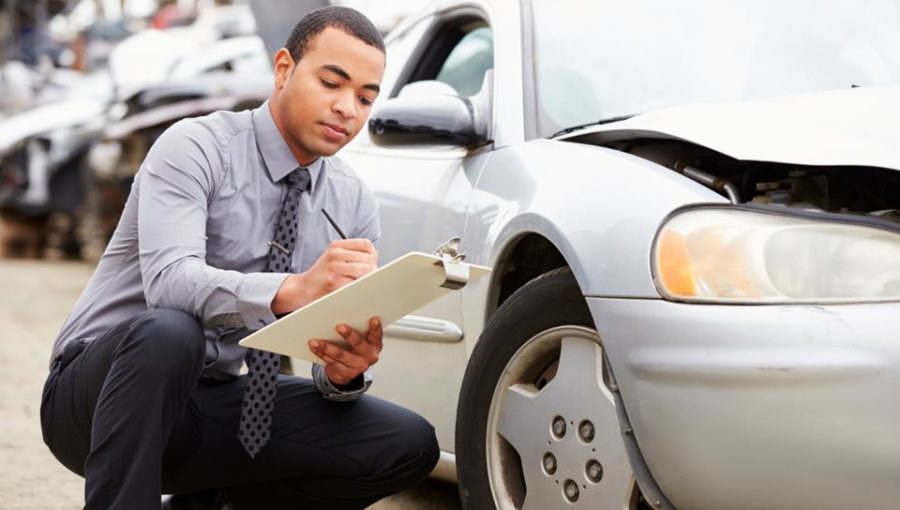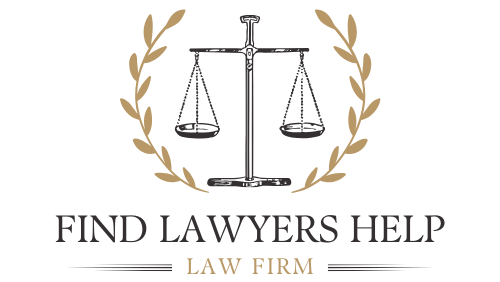
Securing Legal Aid Post Car Accident: 9 Expert Tips for Choosing a Lawyer
Securing Legal Aid Post Car Accident: 9 Expert Tips for Choosing a Lawyer
Experiencing a car accident can be a traumatic event, leading to physical injuries, emotional distress, and financial burdens. One of the most crucial steps following an accident is securing legal aid to navigate the complexities of insurance claims and potential lawsuits. Choosing the right lawyer is essential for ensuring that your rights are protected and that you receive fair compensation for your losses. This article provides nine expert tips for selecting a lawyer after a car accident, along with additional resources and information.
1. Understanding the Importance of Legal Aid
Legal aid plays a vital role in helping individuals understand their rights and navigate the legal system after a car accident. An experienced lawyer can provide guidance on various aspects, including:
- Insurance Claims: Assisting clients in filing claims with their insurance companies.
- Negotiations: Negotiating settlements with insurance adjusters or opposing parties.
- Litigation: Representing clients in court if a fair settlement cannot be reached.
- Legal Advice: Offering expert advice on the legal implications of the accident.
2. Key Factors to Consider When Choosing a Lawyer
When selecting a lawyer after a car accident, consider the following factors:
| Factor | Description |
|---|---|
| Experience | Look for lawyers who specialize in personal injury law and have experience handling car accident cases. |
| Reputation | Research the lawyer’s reputation through online reviews, testimonials, and referrals from friends or family. |
| Communication Skills | Choose a lawyer who communicates clearly and promptly addresses your concerns. |
| Fee Structure | Understand how the lawyer charges for their services (e.g., contingency fee, hourly rate) and ensure it aligns with your budget. |
| Availability | Ensure the lawyer has sufficient time to dedicate to your case and is not overloaded with other clients. |
3. Tip #1: Look for Specialization in Personal Injury Law
When searching for a lawyer, prioritize those who specialize in personal injury law, particularly car accidents. Specialized lawyers possess in-depth knowledge of relevant laws and have experience handling similar cases, which can significantly benefit your claim.
4. Tip #2: Check Their Track Record
Investigate the lawyer’s track record in handling car accident cases. A successful history of obtaining favorable settlements or verdicts can be an indicator of their capability to effectively represent you.
Questions to Ask:
- What percentage of your cases are related to car accidents?
- What is your success rate in settling these cases?
5. Tip #3: Read Client Reviews and Testimonials
Client reviews and testimonials provide valuable insight into a lawyer’s reputation and performance. Look for feedback on their communication style, responsiveness, and overall satisfaction from previous clients.
Where to Find Reviews:
- Legal websites (e.g., Avvo, Martindale-Hubbell)
- Google reviews
- Social media platforms
6. Tip #4: Schedule Initial Consultations
Most personal injury lawyers offer free initial consultations. Take advantage of this opportunity to meet potential lawyers, discuss your case, and assess whether they are a good fit for your needs.
Key Points to Discuss:
- Your specific situation
- The lawyer’s approach to handling your case
- Potential outcomes and timelines
7. Tip #5: Evaluate Communication Style
Effective communication is crucial in any attorney-client relationship. During consultations, pay attention to how well the lawyer listens to you and explains complex legal concepts clearly.
Signs of Good Communication:
- They encourage questions and provide thorough answers.
- They keep you updated on case developments.
- They are approachable and easy to reach.
8. Tip #6: Understand Their Fee Structure
Before hiring a lawyer, ensure you fully understand their fee structure. Most personal injury lawyers work on a contingency fee basis, meaning they only get paid if you win your case.
Questions to Ask:
- What percentage do you take if we win?
- Are there any upfront costs or fees I should be aware of?
- Will I be responsible for any costs if we lose?
9. Tip #7: Assess Their Resources
A well-equipped law firm will have access to various resources that can strengthen your case, such as investigators, expert witnesses, and medical professionals.
Questions to Consider:
- Do you have staff dedicated to investigating my case?
- Can you connect me with medical experts if needed?
10. Tip #8: Trust Your Instincts
Choosing a lawyer is not just about qualifications; it’s also about finding someone you feel comfortable with. Trust your instincts when making this decision—if something feels off during consultations, it may be worth exploring other options.
11. Tip #9: Review Your Contract Carefully
Once you decide on a lawyer, carefully review the contract before signing it. Ensure that all terms are clear and that you understand your obligations as a client.
Key Elements to Check:
- Scope of representation
- Fee structure
- Termination clauses
FAQ Section
Q1: How soon after an accident should I contact a lawyer?
It is advisable to contact a lawyer as soon as possible after an accident to ensure that your rights are protected and evidence is preserved.
Q2: What should I bring to my initial consultation?
Bring any relevant documents such as police reports, medical records, insurance information, and photographs from the accident scene.
Q3: How long do I have to file a claim after an accident?
The time limit for filing a claim varies by state but typically ranges from one to three years after the date of the accident.
Q4: Will my case go to trial?
Most personal injury cases settle out of court; however, if negotiations fail, your case may proceed to trial.
Q5: What if I cannot afford a lawyer?
Many personal injury lawyers work on a contingency fee basis, meaning they only get paid if you win your case. This arrangement makes legal representation more accessible.
Conclusion
Securing legal aid after a car accident is essential for protecting your rights and ensuring fair compensation for your injuries and damages. By following these nine expert tips for choosing a lawyer—focusing on specialization, reputation, communication skills, fee structures, and resources—you can make an informed decision that best suits your needs.In navigating the aftermath of an accident, having the right legal support can significantly impact the outcome of your claim and help alleviate some of the stress associated with this challenging time.For more information about legal aid resources related to car accidents, visit this Legal Aid page.
